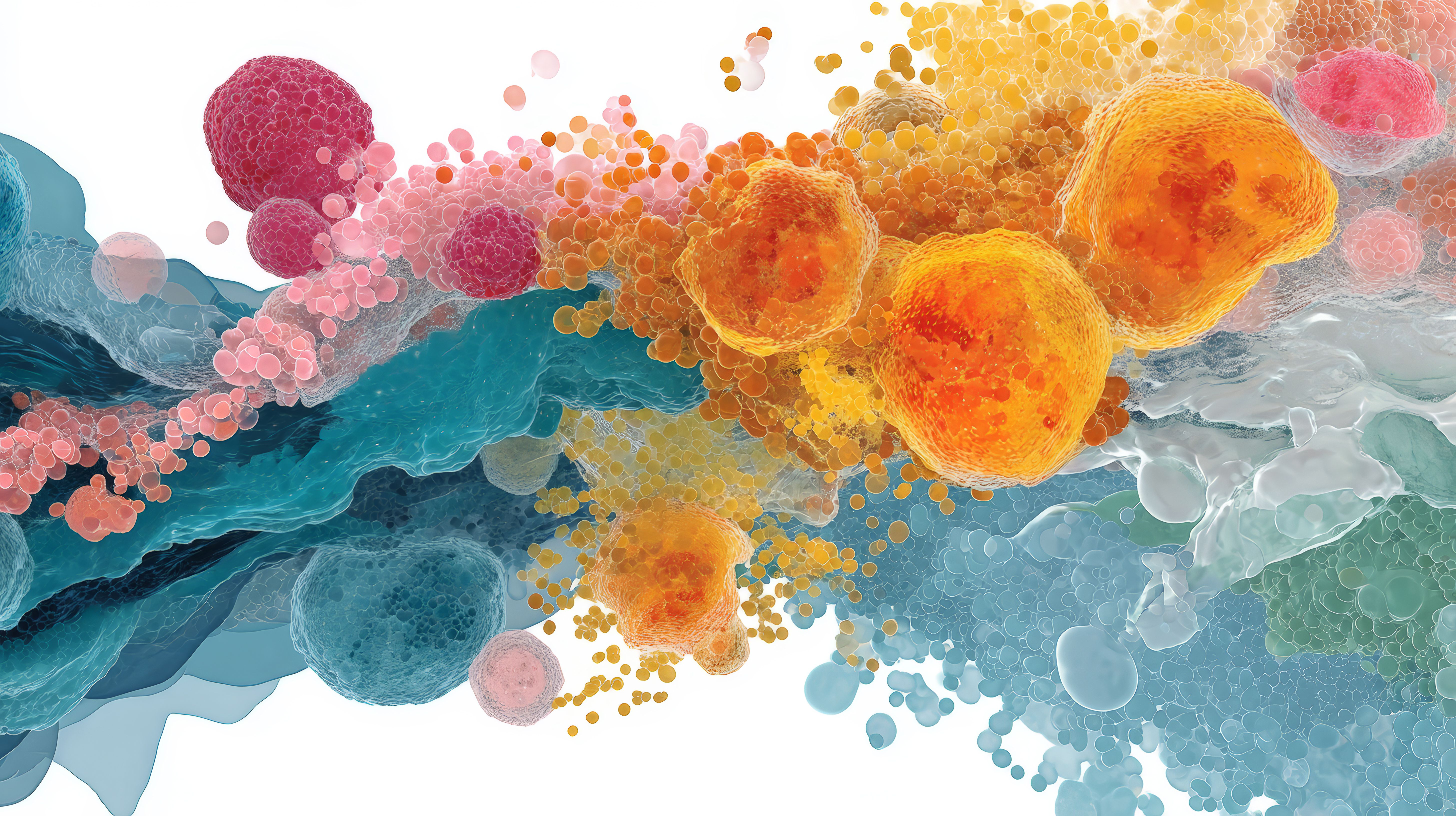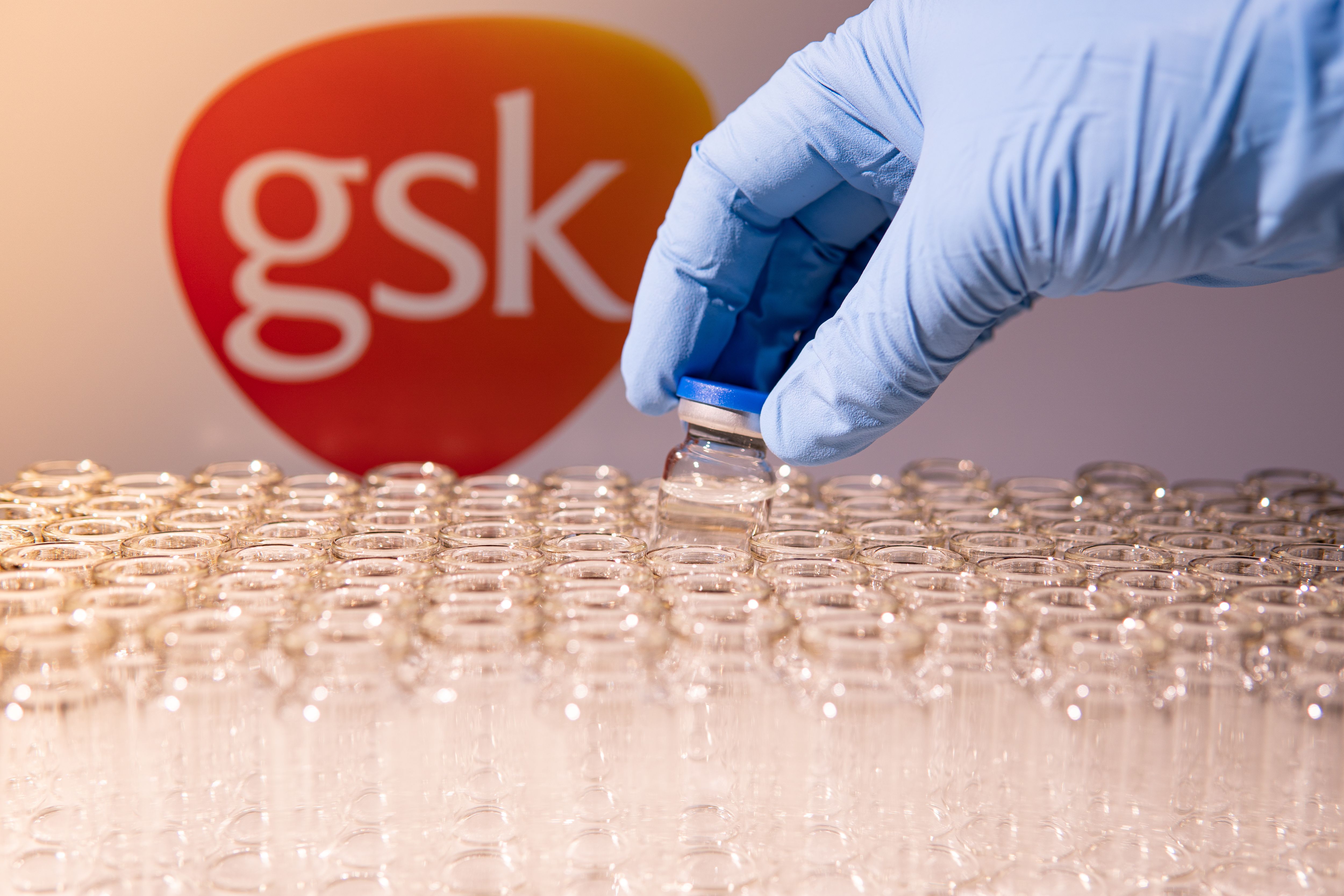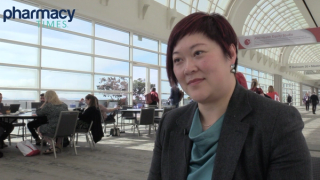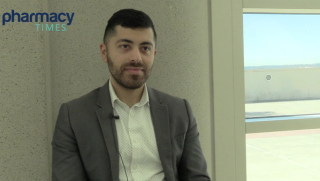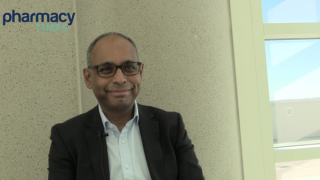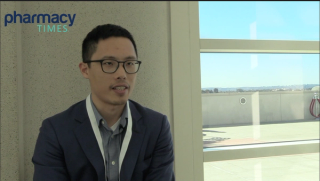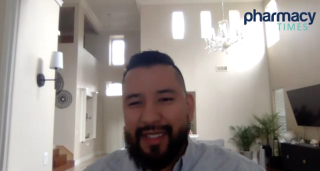
Hematology
Latest News

Latest Videos

CME Content
More News
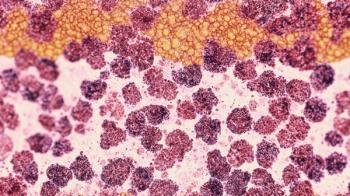
The CRL states that the STARGLO data do not provide sufficient evidence to support the second-line indication in the US patient population.
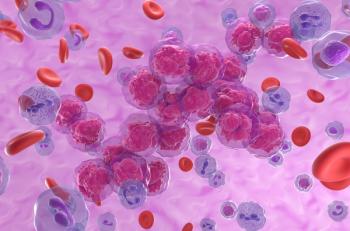
ImCheck's ICT01 gains an orphan drug designation from the FDA, offering hope for acute myeloid leukemia (AML) treatment in older patients with limited options.

The updated version 1.2026 NCCN Guidelines for chronic myeloid leukemia (CML) emphasize individualized treatment strategies, TKI-specific considerations, drug interaction management, and pregnancy safety, highlighting the critical role of oncology pharmacists in optimizing therapy selection, patient counseling, and cost-effective care.
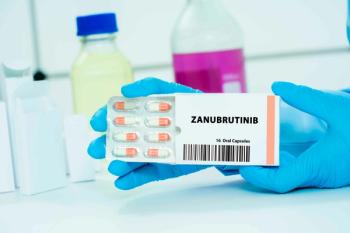
An adjusted analysis of the ALPINE and ASCEND trials revealed a statistically significant progression-free survival advantage for zanubrutinib.

The data highlight novel therapies and biomarkers shaping personalized cancer care.

The data showed patients with relapsed or refractory multiple myeloma achieved a 73% overall response rate.

The long-term outcomes from the CARTITUDE-1 trial in multiple myeloma and durable complete response data from the STARGLO trial in diffuse large B-cell lymphoma can be significant for these disease states.

New research highlights the lower infection risk with zanubrutinib compared with venetoclax in CLL/SLL treatment, offering safer options for patients.
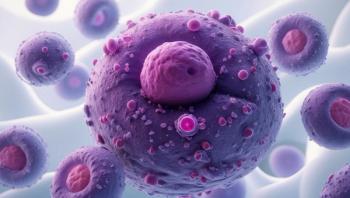
New data reveal isatuximab-based therapy achieves high MRD-negativity rates in newly diagnosed multiple myeloma.
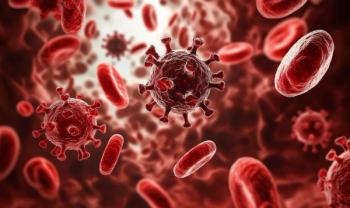
CARTITUDE-1 trial reveals cilta-cel's potential in achieving long-term remission for relapsed/refractory multiple myeloma, sparking discussions on curative possibilities.

Gianni Scappaticci, PharmD, BCOP, outlines a personalized, evidence-based approach to managing steroid-refractory chronic graft-versus-host disease (cGVHD) in a post–haploidentical transplant patient, highlighting the rationale for using ruxolitinib, belumosudil, or their combination based on disease progression and fibrotic features.

Pulmonary hypertension significantly increases the risk of disease progression and cardiovascular events in patients with myelofibrosis, emphasizing a need for routine screening.

Ropeginterferon alfa-2b shows promising results in treating preprimary myelofibrosis, enhancing clinical responses and safety in patients.

Gianni Scappaticci, PharmD, BCOP, discusses key considerations in therapy selection, limitations of current treatments, and the evolving role of pharmacists in managing chronic graft-vs-host disease (cGVHD) through patient education, adherence support, and integration of emerging therapies.

INCB057643 shows promise in treating myelofibrosis, enhancing anemia and symptom relief.

The agent continues to show promising clinical benefit despite being pulled from the market in 2023.
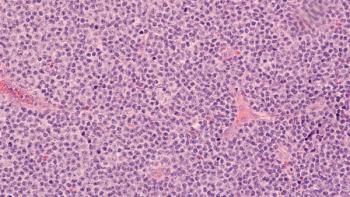
The FDA approved acalabrutinib as a frontline option for untreated mantle cell lymphoma.
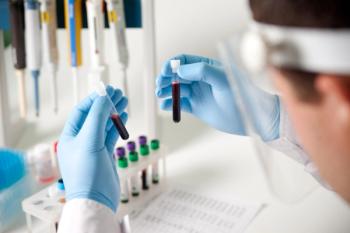
SGLT2 inhibitors improve diabetes management but may cause erythrocytosis without increasing blood clot risks, highlighting the need for careful monitoring.
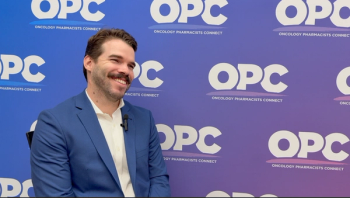
Gabe Hinojosa, PharmD, BCOP, shares key data for pharmacists from the 2025 American Society of Clinical Oncology Annual Meeting.
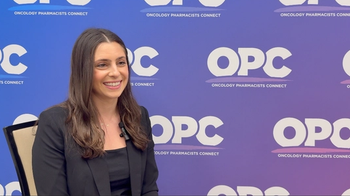
Victoria Nacher, PharmD, BCOP, offers key insights about the evolving treatment landscape for hematologic malignancies.

With robust pipelines, cell therapy remains the major driver for drug development.
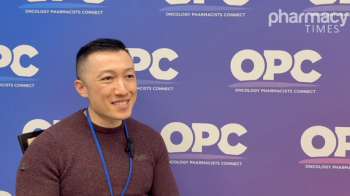
Tim Mok, PharmD, BCOP, BCPS, discusses emerging advancements in treatment of leukemia and lymphoma.

This abstract will be presented at the Oncology Pharmacists Connect (OPC) meeting in Austin, Texas, from June 19 to 20, 2025.
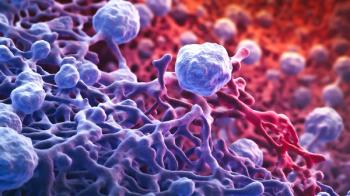
This abstract will be presented at the Oncology Pharmacists Connect (OPC) meeting in Austin, Texas, from June 19 to 20, 2025.

Talquetamab and teclistamab showed significant promise in a phase 1b/2 dose escalation and expansion trial.

